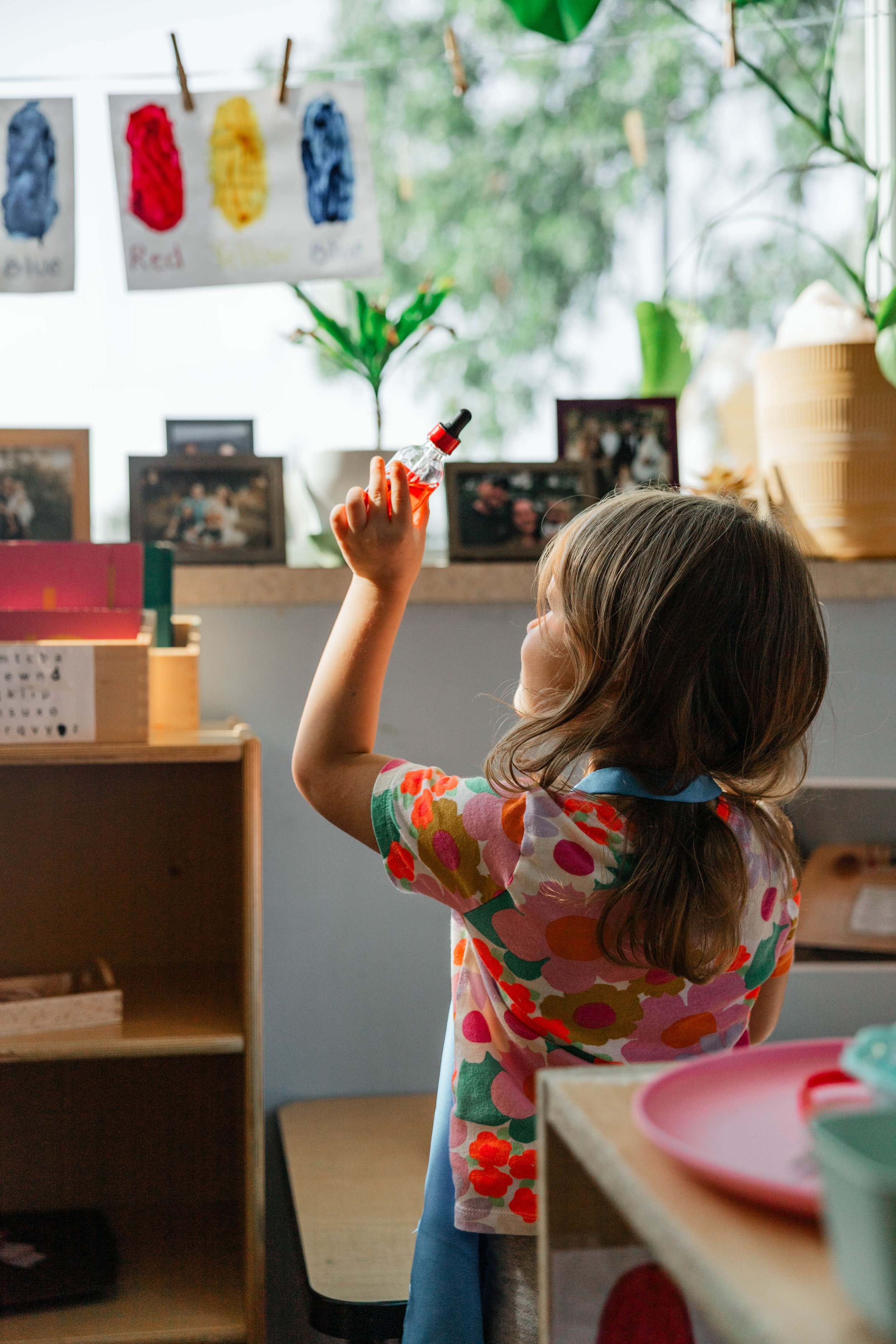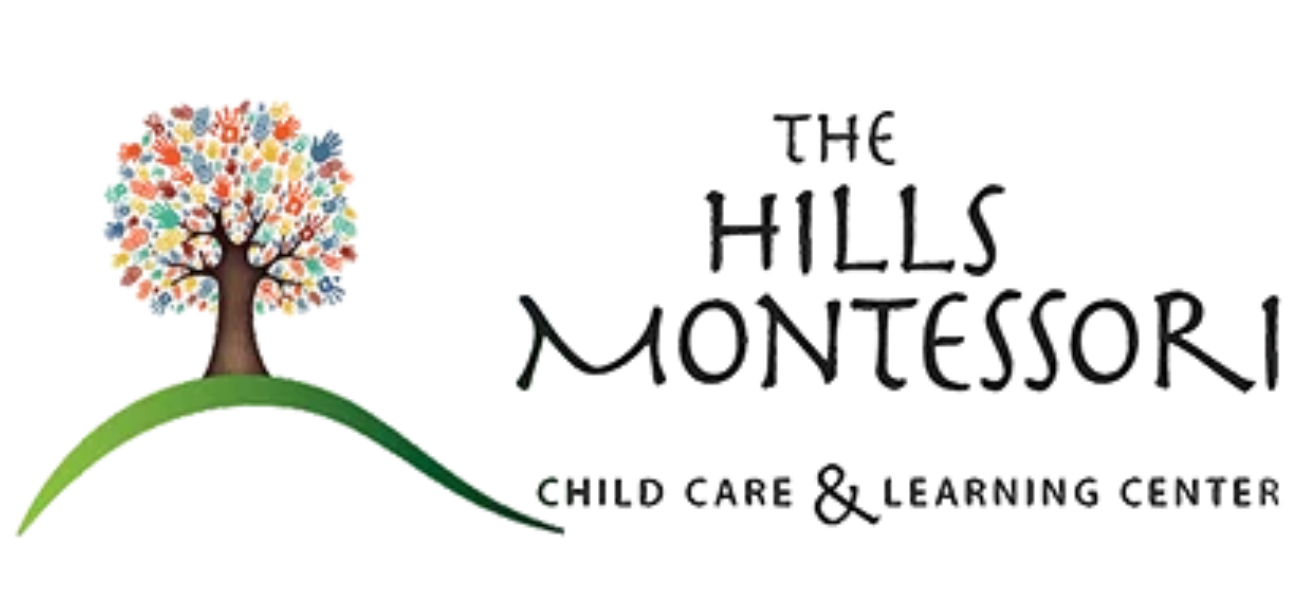
Pre-Primary Program
At the Primary level our educational program is based on the premise that young children flourish with gentle guidance and the freedom to work at their own pace. The carefully prepared environment of the 3-6 year old is designed to take advantage of the child’s sensitive years— those times when there is a readiness to learn specific skills.
Our rich classroom environments, full of hundreds of learning materials, facilitate the independent learning of skills moving from the concrete to abstract learning process. They are designed to put children at ease by giving them freedom within limits — a safe place to grow and learn.
“The goal of early childhood education should be to activate the child’s own natural desire to learn.”
The Primary Curriculum
The Practical Life area is essential for a strong Montessori educational foundation. In this area a child is learning control of movement (fine motor skills), concentration span, self-confidence and a love of learning. The Practical Life activities consist of familiar objects that a child would normally see every day. The activities are designed for children to feel comfortable and be able to master it with purposeful attempts. Practical Life activities fall into four main categories: care of self, grace and courtesy, control of movement and care of the environment. The goal of these activities is not only to help children build self-confidence in their working abilities, but to expose the children to fundamental work that builds up their concentration span with activities they will encounter through adulthood.
The Sensorial area of the classroom helps children become more aware of details that are often overlooked. Each activity focuses on one quality such as color, weight, shape, size, texture, sound or smell. These activities develop the child's senses of perception and discrimination for exploring and noticing small differences in patterns as well as fine motor function development in the hands. The Sensorial area of the classroom builds the child's concentration for a broadened awakening of the senses and perception for distinguishing different qualities and patterns.
The Language area of the Montessori classroom encourages development of early-literacy skills through the use of phonetic sounds. In the Language area children are exposed to various types of phonetic awareness activities to build a strong literary foundation. Montessori Language activities are designed to improve a child's vocabulary, listening skills for common sounds, and differentiating between objects and pictures. Language activities include learning the shapes and sounds of letters, practicing fine motor skills by writing, vocabulary development, matching words and pictures, reading development with word lists, practicing parts of grammar (nouns, verbs, adjectives, etc.), creating sentences and reading silently.
The Math area of the Montessori classroom encompasses the use of concrete materials for the recognition of numbers and the recognition of quantity as well. Through these activities, children learn exactly how much a symbolic number stands for (i.e. the number 5 means counting the correct number of objects to make the number 5). Mathematics activities are divided into six categories that include: counting and the decimal system, memory work, concrete abstraction, arithmetic tables and geometry. Children are introduced to more complex mathematical procedures and concepts as they are individually ready. Often times a child will complete a mathematical activity a few times until he feels ready to attempt a concept that is more difficult. The concrete, manipulative works helpchildren acquire a solid understanding of basic mathematical principles and prepares them for later abstractive reasoning.
The Culture area of the classroom encompasses a variety of subjects that are supplementary to the Montessori method. Cultural subjects include: Geography, Zoology, Botany, Science, Art & Music and Spanish and Mandarin Languages. Studying these subjects provide children an opportunity to explore their curiosity of different and worldly ideas. Studying Geography allows the children the opportunity to understand their own culture as well as many others. The children can relate and understand cultural diversity and ultimately come to appreciate differences between humankind. Science in the Montessori classroom allows the children to observe and work with hands-on experiments that will cultivate a lifelong interest in nature and discovering more about our unique world. Through the study of Botany, the children learn about plants (what they look like, how to take care of them, how they grow, etc.) so that they may appreciate nature in a more organic way. The study of Zoology shows children animals from all around the world (where they live, their unique Eco-systems, what they eat, how they grow, etc.) Lastly, the study of art & music allows the children a very unique opportunity to express themselves. Children have an expressive and uninhibited experience of moving, dancing and singing among their school peers. Art & Music allows children to gain a literary understanding of language and develop their cognitive, social and emotional skills in a constructive way.










